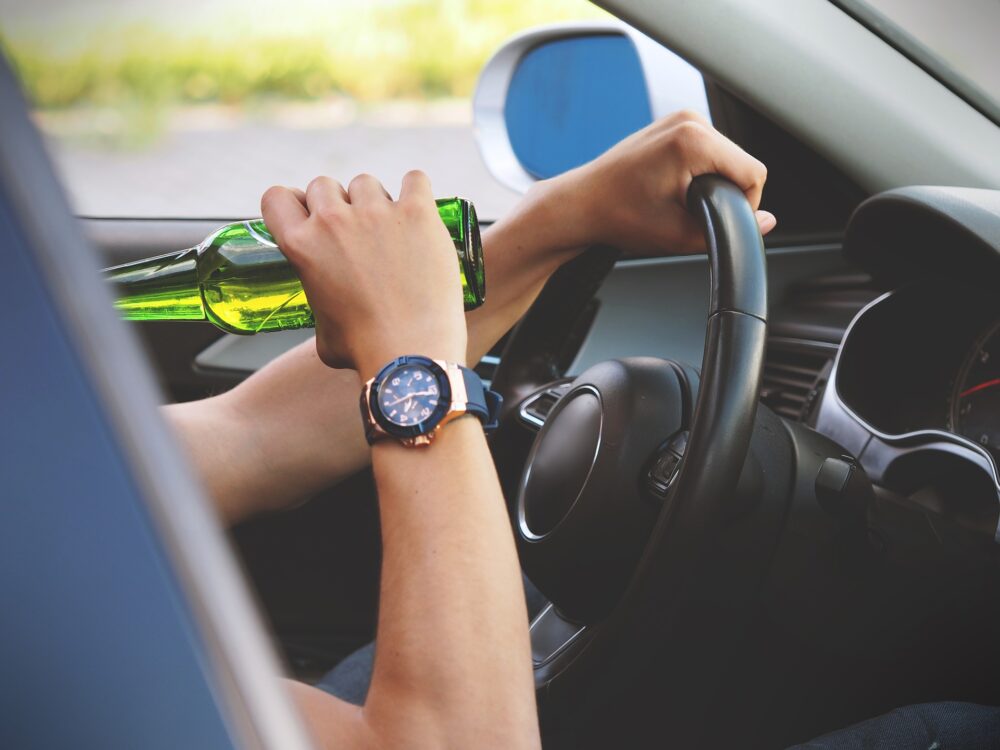
Driving under the influence (DUI) of drugs or alcohol is taken seriously in the state of New Jersey. This is why the consequences grow more serious with each subsequent offense. Read on to discover the penalties for a second-offense and third-offense DUI and how a seasoned Morristown DUI defense lawyer at Graves Andrews, LLC can work to reduce or altogether eliminate them.
How are the penalties for a second-offense DUI more severe than a first offense?
The penalties for a second-offense DUI are more severe than a first-offense DUI because the New Jersey criminal court wants you to learn your lesson once and for all. Without further ado, the sentences for a second-offense DUI versus a first offense are as follows:
- A jail sentence of anywhere between two to 90 days (versus 30 days).
- A driver’s license suspension for anywhere between one to two years (versus until an ignition interlock device (IID) is installed in your vehicle).
- Mandatory use of an IID for anywhere between two to four years (versus three months).
- Mandatory attendance at the Intoxicated Driver Resource Center (IDRC) for up to 48 hours.
- A fine of up to $1,000 (versus $500).
- A DUI surcharge of up to $125.
- A payment to the Drunk Driving Education Fund (DDEF) of up to $100.
- A payment to the Neighborhood Services Fund of up to $75.
- A payment to the Victims of Crime Compensation Office (VCCO) of up to $50.
How do the penalties for a third-offense DUI compare?
As you may likely conclude yourself, the penalties for a third-offense DUI are as serious as they can get. They are as follows:
- A jail sentence of up to six months.
- A driver’s license suspension for up to eight years.
- Mandatory use of an IID for anywhere between two to four years.
- Mandatory attendance at the IDRC.
- A fine of up to $1,000.
- A DUI surcharge of up to $125.
- A payment to the DDEF of up to $100.
- A payment to the Alcohol Education and Rehabilitation Fund of up to $100.
- A payment to the Neighborhood Services Fund of up to $75.
- A payment to the VCCO of up to $50.
What are other reasons for receiving harsher penalties?
Aside from subsequent penalties, there may be external circumstances as to why you are facing harsher penalties. Examples read as follows:
- Your blood-alcohol content (BAC) level is found to be over 0.10 percent at the time of your stop.
- You were under the legal drinking age of 21 at the time of your stop.
- You were driving a commercial vehicle at the time of your stop.
- You refused to submit to a breathalyzer test, field sobriety test, or otherwise cooperate with the law enforcement officer at the time of your stop.
- You are simultaneously facing civil penalties from a personal injury claim or wrongful death claim against you.
You must tackle your criminal defense strategy as soon as possible. So call a competent Morristown criminal defense lawyer from Graves Andrews, LLC today.